
Quickly transcribe audio or video files with easytranscript
Accurately transcribing audio and video files can be a long and difficult process. No matter how fast you can type, it seems there’s always someone who can talk faster. And then mumble half of what they say, leaving you frequently rewinding to try and figure it out.
There is no simple solution to this, but specialist transcription software should at least save you some time. It doesn’t have to be expensive, either -- the open source easytranscript offers some useful starting features entirely for free.
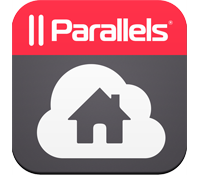
Parallels Access 2.0 lets you control your PC or Mac remotely using iPad, iPhone or Android device
Looking for a way to access programs on your desktop or laptop from your mobile? You could go down the route of installing something like TeamViewer, but with the best will in the world, trying to control your entire Windows or Mac desktop from your mobile is a fiddly experience at best.
A more practical solution can be found by going down the Parallels Access route, and it’s one that’s just been made even better with the release of version 2.0.

Evernote 5.4 for Windows Desktop adds user-requested features, including shortcuts toolbar option
Evernote Corporation has released Evernote 5.4 for Windows Desktop, a minor update to its popular cloud-based, cross-platform note-taking and organizational tool.
Version 5.4 introduces two new features based on user feedback: the ability to request additional permissions when accessing shared notebooks, and the ability to view shortcuts horizontally on their own dedicated toolbar.

Emsisoft Anti-Malware 9.0 adopts Windows 8-themed facelift, available for just $9.99
Emsisoft has released Emsisoft Anti-Malware 9.0, a brand new version of its dual-engine anti-malware tool for Windows users. Version 9.0 sports a major facelift, improved performance and "hundreds of detail improvements" for better usability.
To celebrate the release, users have a nine-day window in which to purchase 12 month’s protection for the special introductory price of just $9.99, a saving of 75 percent on the usual MSRP.

1Password for Windows 4.0 tightens security, adds new features
Toronto security firm AgileBits has completed its round of major updates to its secure password storage service with the release of 1Password for Windows 4.0. With version 4, AgileBits has revamped the Windows build, significantly closing the feature-set gap between it and the more fully developed Mac version.
Highlights of this release include tighter security, a number of significant new features and the promise of vastly improved performance, and follow on from the recent Android update.
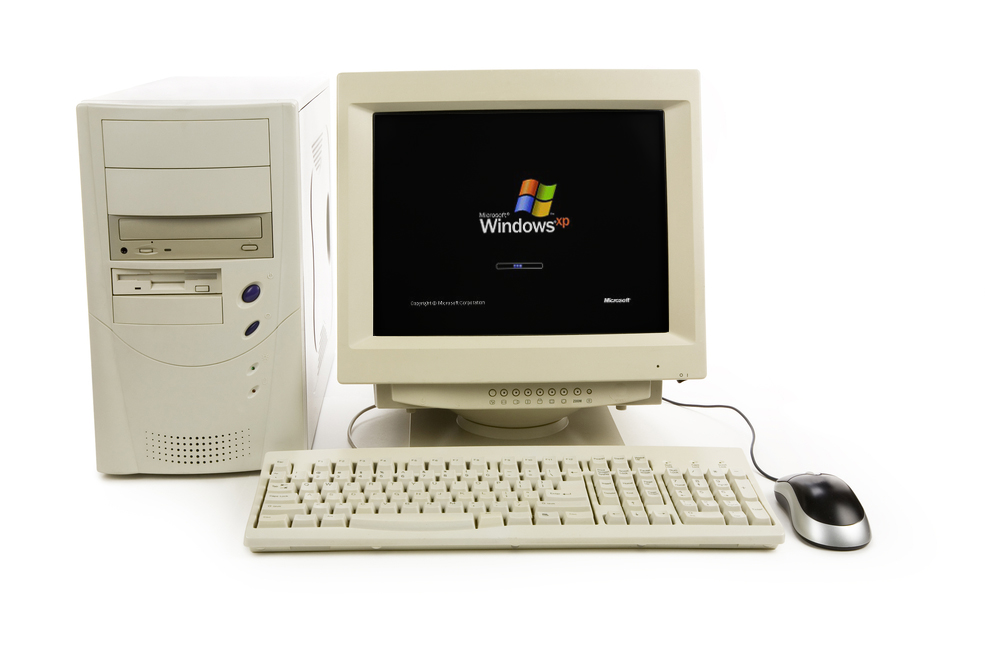
One in five businesses are still using Windows XP despite the risks
Microsoft ended support for XP two months ago, yet consumers are still proving resistant to change, and many businesses are similarly reluctant to upgrade to a newer version of Windows.
According to security firm Bitdefender, which conducted a three-month global study into the operating system use of small and medium businesses, nearly 19 percent of firms, or almost one in five, are sticking with the aging XP despite security concerns.

Troubleshoot Windows 7 and 8 service triggers with Service Trigger Editor
If you’ve ever spent time troubleshooting low-level PC problems then you’ll know that understanding Windows services can be very helpful. The standard Services applet (Win+R > services.msc) tells you a lot about what’s happening on your system -- but there is one important exception.
Windows 7 and 8 support service "triggers", a mechanism which allows Windows services to start when a particular event occurs (a device is plugged in to the computer, say). The Services applet highlights these by listing their Startup Type as "Manual (Trigger Start)" or "Automatic (Trigger Start)", but double-click a triggered service and it won’t tell you anything more.
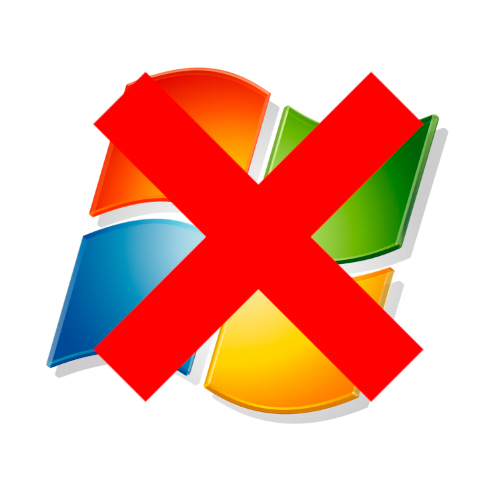
Microsoft patches Windows 8.x but leaves Windows 7 vulnerable, according to researchers
Around 50 percent of PC users are on Windows 7, while just 12 percent are running Windows 8.x, yet Microsoft is leaving the more popular OS vulnerable to zero day attacks by choosing to only patch the newest Windows version. That’s the findings of two security researchers who built a tool to compare 900 libraries in Windows 8 with their Windows 7 counterparts.
"If Microsoft added a safe function in Windows 8, why does it not exist in Windows 7? The answer is simple, it’s money -- Microsoft does not want to waste development time on older operating systems. They want people to move to higher operating systems," security researcher Moti Joseph claimed in a presentation at the Troopers14 conference in Heidelberg, Germany.
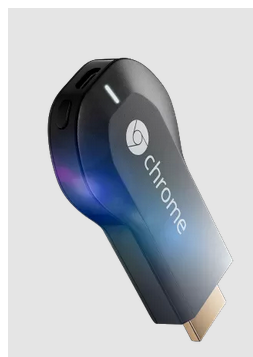
VLC reveals it is working on Chromecast support for iOS, Windows, Linux and Mac
Most everyone, at least the tech-savvy who read this, are familiar with VLC Player -- the Video LAN Client. It's a jack-of-all trades media player, that is capable of handling pretty much any format you can throw at it, no matter how obscure it may be.
Now the developers of the project are revealing one more feature that is on the roadmap -- support for Chromecast. The question was asked on the forums and lead developer Felix Paul Kuehne responded that support was in the works. "Yep, this is exactly what we are up to", he states.
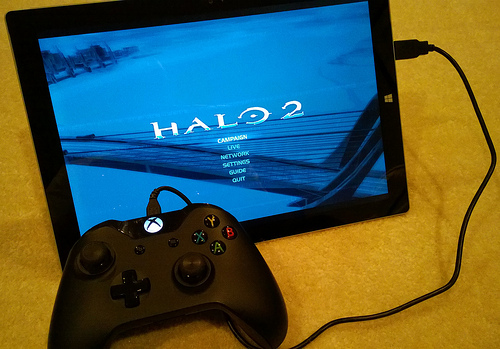
Windows gamers, rejoice -- Microsoft releases Xbox One controller drivers!
I love First-Person shooter video games such as Call of Duty and Quake 4. For that genre of game, my trusty keyboard and mouse is the optimal way to interact with my on-screen character. However, for all other games like fighting, racing and platforming, I need and demand a quality controller. While there are many to choose from, the Xbox 360 controller has proven to be the most reliable and comfortable for many. Drivers exist for Windows, so gamers can connect it by USB or buy a wireless variant and dongle.
Sadly, Xbox One controller drivers have been absent for Windows. This is puzzling as Microsoft is behind the controller and operating system. This new controller is wonderfully built and designed, so gamers have been eager to use it on their PC gaming rigs. Well, today the wait ends -- Microsoft has finally delivered the drivers we have been waiting for.
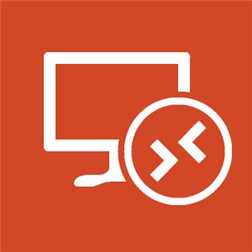
Microsoft Remote Desktop for Windows Phone 8.1 receives first major update
In late-April, Microsoft introduced the much-awaited Remote Desktop app on Windows Phone 8.1, giving a small subset of its Windows Phone users, who wish to beta-test the offering, the ability to connect remotely, from their smartphones, to Windows PCs.
The app launched with a powerful feature set, but it just received its first update which makes the experience even better. Microsoft details the first round of improvements in an MSDN blog post. The new iteration brings Remote Desktop even closer to its counterparts on Android, iOS, OS X and Windows 8.1, in terms of functionality, according to the software giant.

XP users feel no great rush to upgrade
If Microsoft expected XP users to desert the aging OS once support officially came to an end, the tech giant will no doubt have been sorely disappointed. Although XP’s market share has fallen in the two months since it reached end of life, the 13 year old operating system remains hugely popular.
According to Net Applications, from March to May, XP lost just 2.42 percent market share, and is still to be found on over a quarter of all Windows systems. Windows 7 gained 1.29 percent in the same time period, to break the 50 percent barrier, and Windows 8.x increased its share by 1.34 percent for a not so grand total of 12.64 percent. Statista has put together a little graph showing how little end of support has changed XP’s popularity.
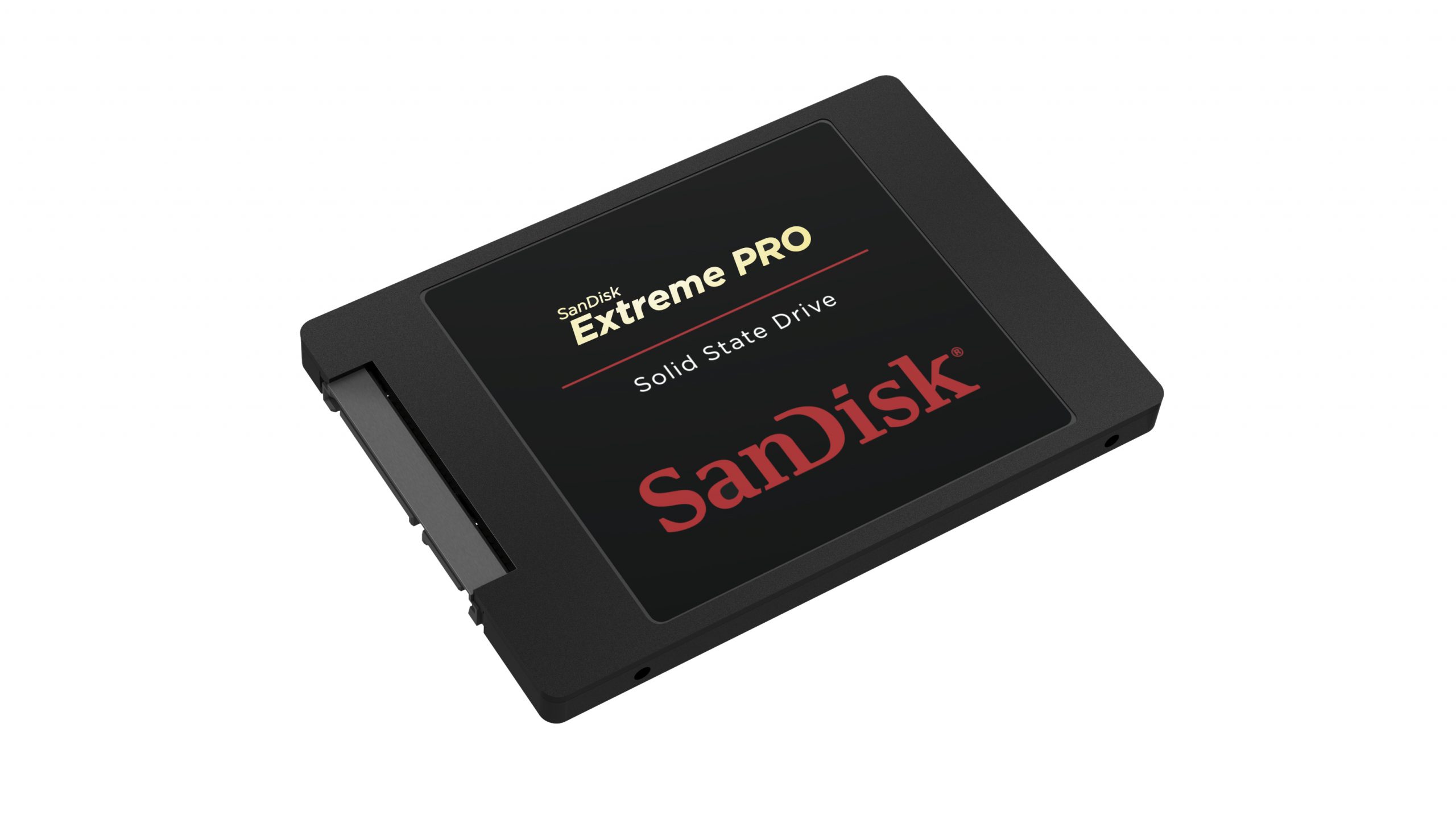
SanDisk hopes to win the hearts (and wallets) of gamers with Extreme PRO SSD
Believe it or not, system builders are a diverse set. Some people focus on looks, others on performance and some on value. However, gamers are typically the ones that push the boundaries with performance and high-costs when building rigs. While some people will write-off video games as a silly time waster, they are actually a vital driver of personal computing innovation. Hell, it is also good financially for the hardware business -- new games need better hardware and gamers are willing to pay to play.
Beyond expensive video cards and overclocked CPUs and RAM, gamers are constantly looking for a way to gain an edge. Anything that can make a game load faster, even by seconds, is extremely attractive to them. Today, SanDisk announces the Extreme PRO SSD -- a storage solution for gamers that want to utilize SATA III rather than much costlier options. PlayStation 4 owners will want to take notice too.
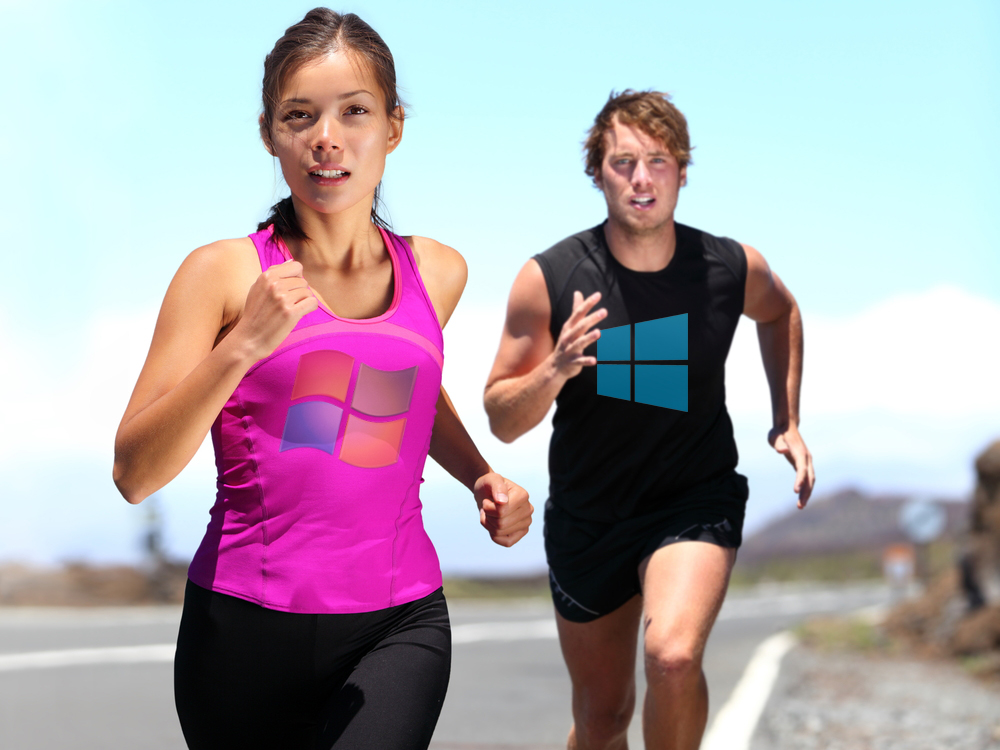
Normal service is resumed as Windows 7's growth once again comfortably outpaces Windows 8.x
Windows XP users might be able to (sort of) cheat the aging operating system’s end of life, but ultimately the only real way to stay safe is, as Microsoft says, by upgrading to a newer, more modern version of Windows. NetMarketShare’s monthly snapshot of the desktop OS share trend shows users are continuing to slowly migrate away from XP. The OS’s share dropped 1.02 percent from 26.29 percent in April to 25.27 percent in May.
So the question is, where are XP users moving to? I think you probably know the answer to that by now.
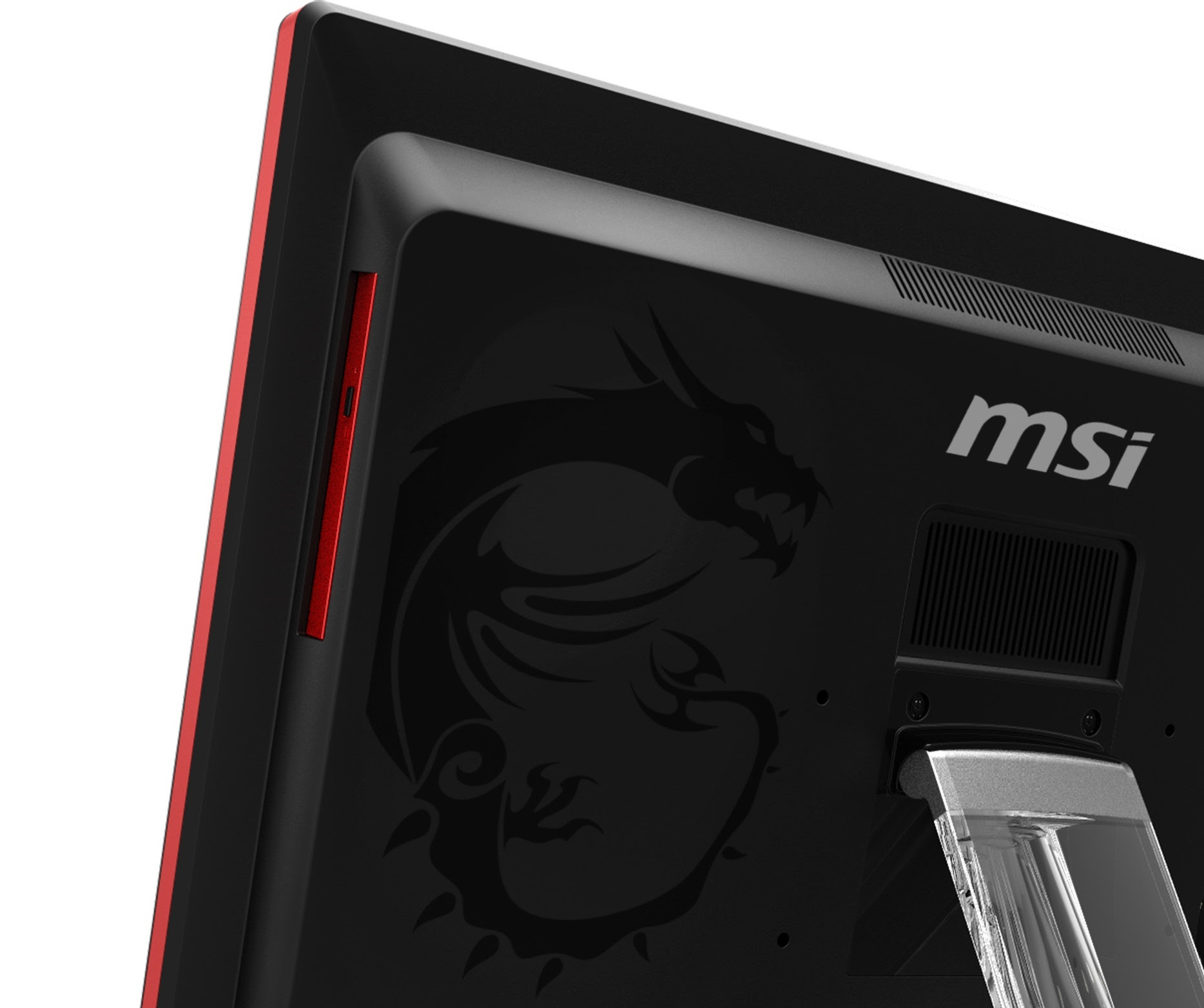
MSI unveils sexy and hardcore All-in-One desktop gaming PCs
When you think of gaming PCs, your mind may immediately conjure huge ATX towers with LED lights, and massively large and expensive graphics cards. Yes, the rigs of many a gamer will resemble the previously envisioned computer. However, why does it have to be this way? Not all PC video gamers are teens looking for flash and pizzazz. No, some of them are adults and want something more mature and subdued.
Today, MSI unveils gaming all-in-one desktops that are mature and tame in design, but still sexy. The machines pack a significant amount of power, but the footprint on a desk will be no more than a typical monitor. In other words, the gaming PC has grown up.
